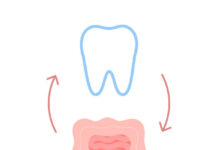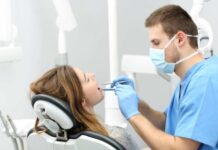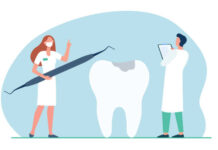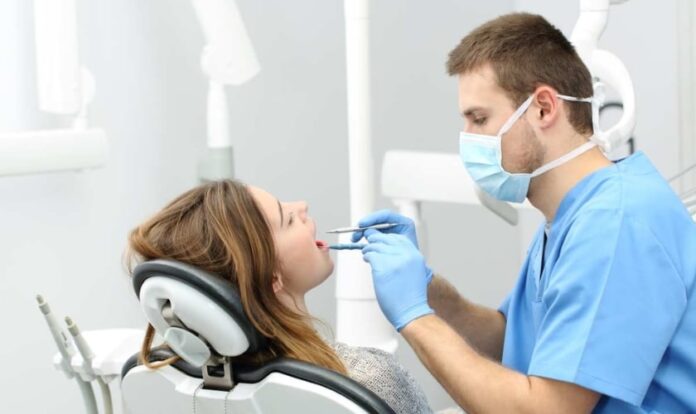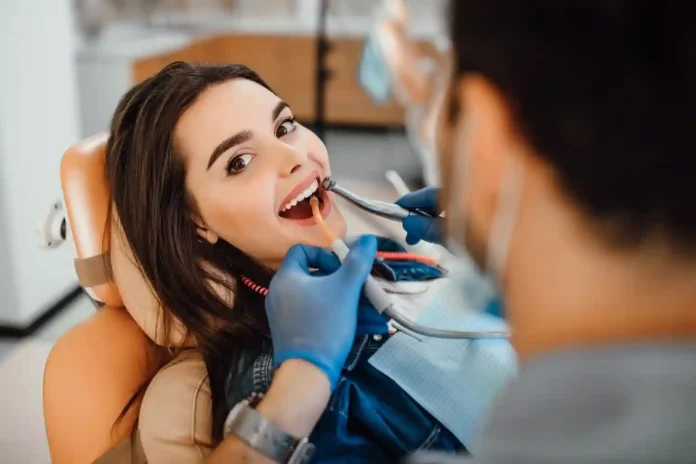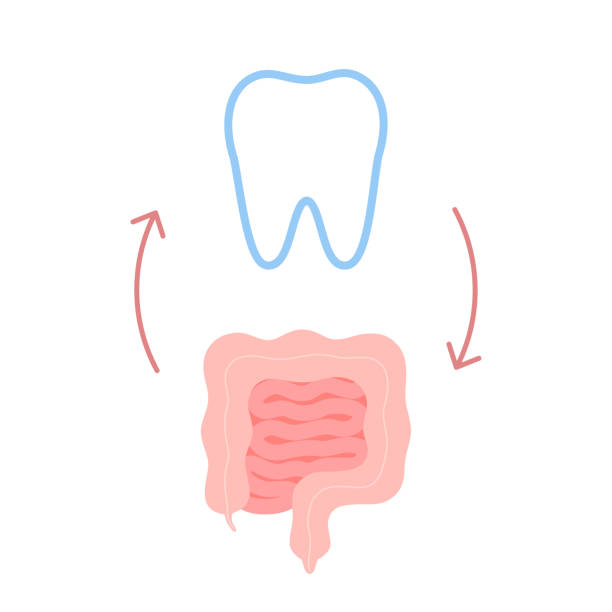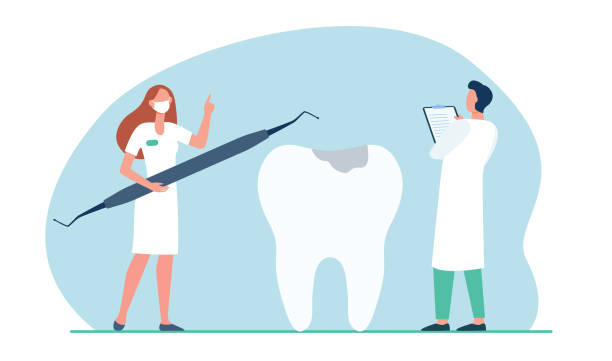In the sunny, lively atmosphere of Fort Lauderdale, confidence is key—and nothing boosts your self-esteem quite like a dazzling, perfect smile. If you’ve spent years dreaming of fixing chips, gaps, or stubborn stains, dental veneers provide a quick, striking, and lasting solution.
Often hailed as the gold standard in cosmetic dentistry, veneers empower our patients to completely transform their appearance and achieve the smile they’ve always wanted. Are you considering a smile makeover and looking for expert care? Understanding veneers and how they work is the first step toward enhancing your appearance.
What Exactly Are Dental Veneers?
Dental veneers are ultra-thin, custom-made shells crafted from tooth-colored materials—usually porcelain or composite resin—that are attached to the front of your teeth. They provide a fresh, flawless cover for your natural teeth.
The magic of a veneer lies in its adaptability. Once applied, the veneer effectively conceals any imperfections underneath, allowing us to control the color, size, shape, and length of your teeth. Since they are carefully crafted to fit perfectly and blend seamlessly with your surrounding teeth, the end result is a smile that is not only beautiful but also harmonizes with your facial features.
Are Veneers The Right Choice For You? Here Are Some Common Issues They Can Address
A great candidate for veneers is anyone looking for a permanent cosmetic fix for problems that simple whitening or minor bonding can’t resolve. If you’re dealing with multiple aesthetic concerns, veneers offer an ideal, all-in-one solution.
Gaps and Spacing
When it comes to orthodontic treatments, Invisalign is a great option for addressing significant bite problems. But if you’re after a quick and stunning fix for those small to moderate gaps (known as diastemas) between your front teeth, veneers are definitely the way to go. Instead of spending months or even years in braces, veneers can instantly transform your smile, closing those pesky spaces and giving you a straight, flawless look in just a few visits.
Severe Discoloration and Stains
Some stains, especially those from tetracycline medications, too much fluoride, or internal trauma, can be really challenging to remove, even with the most effective professional whitening treatments. The wonderful thing about veneers is that they cover the entire front surface of your teeth, effectively concealing that deep, stubborn discoloration. This allows you to select the perfect shade of white that you’ve always wanted.
Chips, Cracks, and Unevenness
Daily wear and tear, little accidents, or even grinding your teeth can lead to chips, cracks, or uneven wear. These minor issues can really make your smile look older. That’s where veneers shine—they offer a perfect, uniform solution that not only restores your teeth’s natural shape but also protects them from further damage, giving you a smooth and vibrant smile.
Mild Misalignment and Misshapen Teeth
Veneers are often called “instant orthodontics” because they can quickly fix the appearance of slightly crooked or oddly shaped teeth, like peg laterals. With some careful adjustments to the tooth’s surface and shape, a skilled cosmetic dentist in Fort Lauderdale can make your teeth look perfectly straight, all without the need of braces.
Porcelain vs. Composite: Choosing Your Material
When you’re considering dental veneers in Fort Lauderdale, you’ll usually have to decide between two main materials, each with its own advantages based on your preferences, budget, and how long you want them to last.
Porcelain Veneers: The Gold Standard
Porcelain veneers are the crème de la crème and the most durable option out there. Crafted in a dental lab by skilled ceramists, they’re not only incredibly strong but also look remarkably natural, and can last a long time.
- Stunning Appearance: Porcelain closely resembles the light-reflecting properties of natural tooth enamel better than any other material, giving you a beautiful, lifelike shine.
- Stain Resistance: One of the best things about porcelain is its resistance to stains, so your dazzling new smile will keep its brightness for years, even if you enjoy coffee, tea, or wine regularly.
- Longevity: With the right care, porcelain veneers can last anywhere from 10 to 15 years, or even longer, before they need to be replaced.
Composite Veneers (Bonding): Fast and Cost-Effective
Composite veneers, commonly known as dental bonding, are applied right onto the tooth in just one visit. The dentist expertly sculpts and shapes the resin material right onto the tooth, cures it with a special light, and then polishes it up nicely.
- Minimally Invasive: You usually need to remove less enamel compared to porcelain
- Speed: The whole process can often be wrapped up in a single appointment
- Cost: Composite is much more budget-friendly than porcelain made in a lab.
- Durability Trade-off: Keep in mind that composite is more prone to chipping and staining, and it generally needs repairs or replacements sooner than porcelain, typically within 5 to 7 years.
The Dental Veneer Process: What to Expect at Your Dentist’s Office
Achieving that perfect smile is a collaborative adventure that starts with good communication and a focus on detail. Here’s a general overview of how dentists typically place porcelain veneers:
Step 1: The Initial Consultation and Design
Your adventure starts with a detailed consultation. Here, you’ll talk about your dream smile, and the dentist will carry out a comprehensive smile analysis. Your dentist takes the required X-rays and impressions, and frequently uses digital imaging or a “wax-up” model to provide you with a preview of your future smile. This step is crucial to ensure that the result aligns beautifully with what you envision.
Step 2: Preparation and Temporaries
After reaching a consensus about the design, the teeth destined for new veneers will undergo a slight alteration. The process consists of the removal of a very thin layer of enamel, about 0.5 mm, from the front side of the teeth. The purpose of removing this minute layer is to prevent the veneers from looking thick and to achieve a seamless fit with the gum line. Then, after preparation, final impressions are made, and the dental lab is provided with them. For around two weeks, you will be sporting comfortable temporary veneers while your custom-made porcelain shells are being created.
Step 3: Placement and Bonding
As soon as the permanent porcelain veneers are ready from the lab, you will be called for the final placement session for your return. The dentist reviews the fit, shape, and color for the last time. If everything is Ok, a special dental cement is applied, and the veneer is aligned on your tooth surface and bonded using a high-intensity light. Following the bonding procedure, the dentist removes the excess cement, and the polishing adjustments are made to get your bite right and the smile flawless.
Taking Care of Your New Veneers
Veneers are pretty durable, but they still need the same TLC as your real teeth in order to last as long as possible.
- Getting Your Oral Hygiene Just Right: You’ll want to brush twice a day with a fluoride toothpaste that’s not too harsh on your gums and floss every single day. Now, we know the veneers themselves can’t rot, but the tooth and gum underneath them can still get into trouble.
- Staying On Top Of Your Dental Checkups Is Key: We really encourage you to make those regular visits to your dentist for cleanings and check-ups. This way, we can keep track of how your veneers are holding up and ensure your entire mouth stays healthy.
- Breaking Some Bad Habits: Try to stay away from chomping on ice, hard candies, or your fingernails—and don’t use your teeth to open packages. And if you find yourself grinding your teeth at night, we highly recommend getting a custom-fitted night guard to protect that investment of yours.
Worth the Money: Cost and Longevity of Veneers
The price for getting veneers in Fort Lauderdale can vary a lot depending on a few things: the type of material you choose (porcelain or composite), how many teeth you’re having done (full smile makeovers usually need 6 to 10 veneers for the top teeth), and just how complicated the whole procedure is.
While porcelain veneers may be more expensive up front compared to some other cosmetic options, their durability makes them a smart investment over time. With proper care and good oral hygiene, they will significantly improve your smile and your confidence for well over a decade.
So, if you’re tired of hiding your smile and want to know how veneers can give you a total make-over, get in touch with a Fort Lauderdale cosmetic dentist to book your consultation and take that first step towards a smile that’s truly you.





